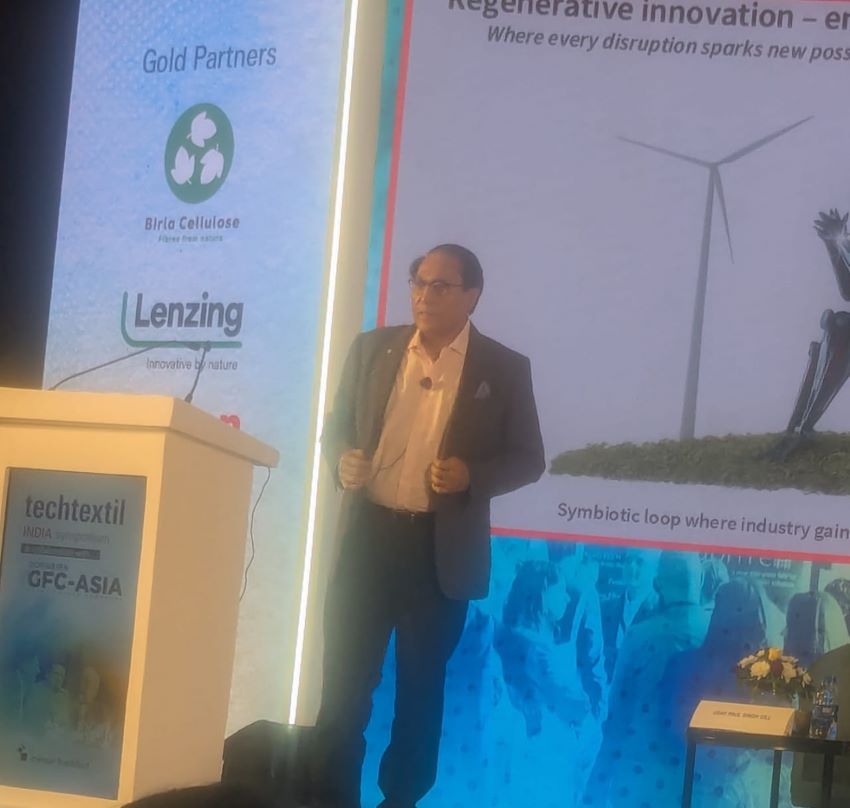At the upcoming ITMA Asia + CITME exhibition in Singapore, a delegation of 20 British Textile Machinery Association (BTMA) companies will showcase how their technologies are supporting highly advanced industries, from medicine to aerospace.
A leader in fiber production, UK's Fiber Extrusion Technology (FET) will unveil a new parallel technology for the medical sector that uses supercritical CO2. Another FET innovation is a flexible, small-scale process for manufacturing ultra-high molecular weight polyethylene (UHMWPE), a material ten times stronger than steel. This new batch system, which addresses the industry's need for smaller quantities of specialized UHMWPE fibers, is a ‘game-changer,’ according to Richard Slack, Managing Director, FET.
In the aerospace sector, technologies like Automated Fiber Placement (AFP) and Automated Tape Laying (ATL) are used to create lightweight yet strong aircraft parts, such as fuselage sections and wing skins. UK's Cygnet Texkimp has developed a new production-scale tape slitting machine to assist this industry. This technology can slit tapes at speeds up to 60 meters per minute, allowing partners to test materials and concepts in real-world conditions.
Airbond is also supporting the aerospace industry with its pneumatic yarn splicing technologies. These systems join filaments together to create a joint that is stronger and flatter than a knot, ensuring resource efficiency when processing expensive carbon and aramid fibers.
High-value industries such as aerospace, defense, renewable energy, and the medical sector are areas of high growth and opportunity, says Jason Kent, CEO, BTMA. A key factor in the success of BTMA members is the strong collaboration between industry and UK universities, he notes.












